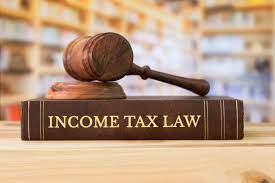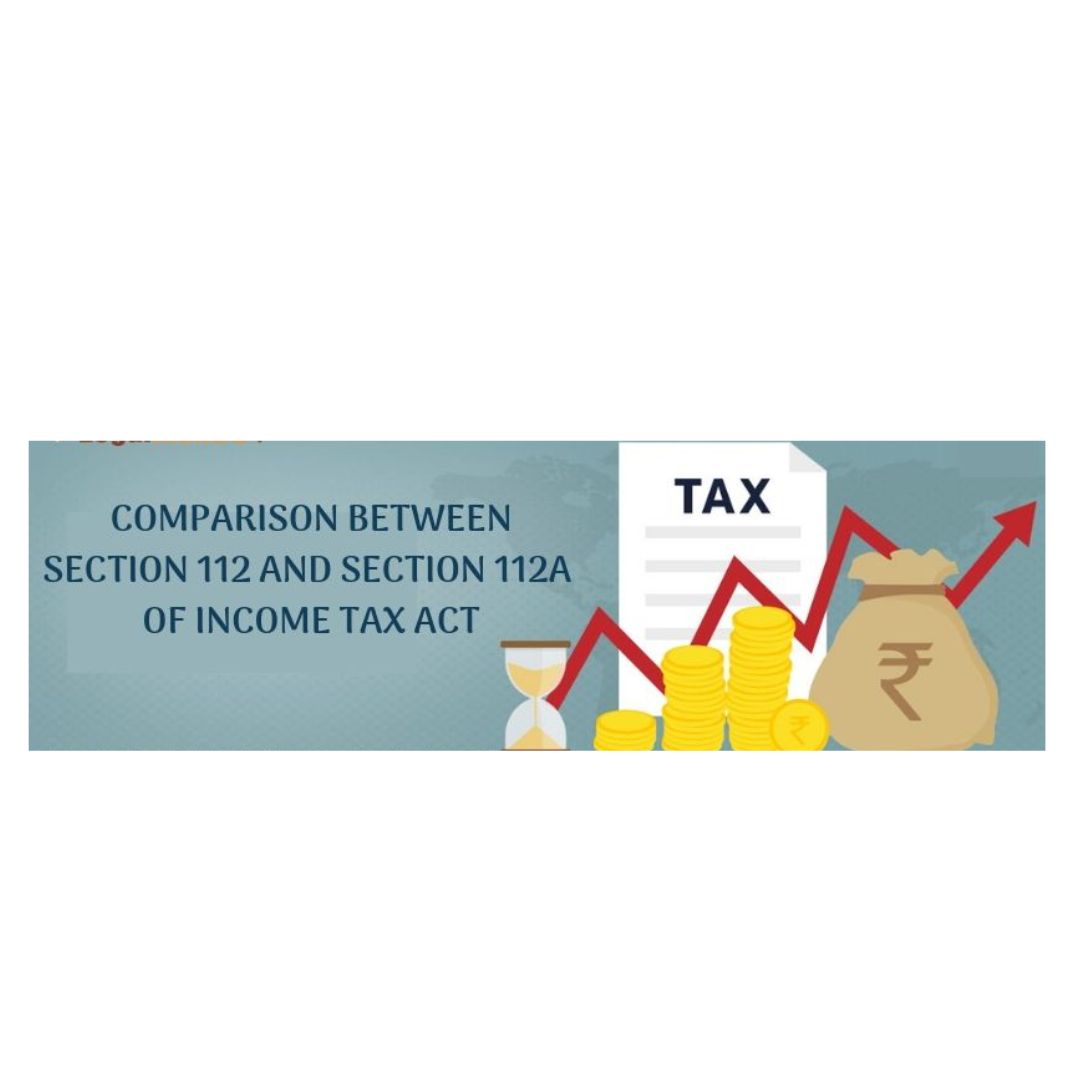TDS compliance in tax audit report?
TDS compliance in tax audit report TDS compliance in tax audit report, In the context of a tax audit report, ensuring compliance with TDS (Tax Deducted at Source) is a vital factor that requires attention. Here are some key considerations regarding TDS compliance in a tax audit report: Verification of TDS Deductions: The tax auditor will… Read More »









